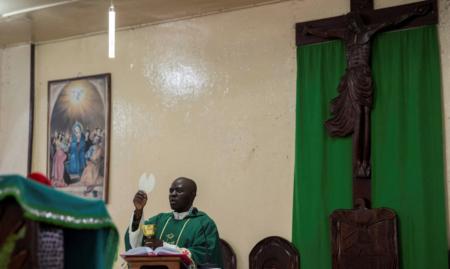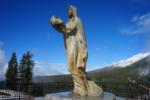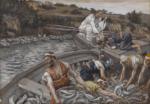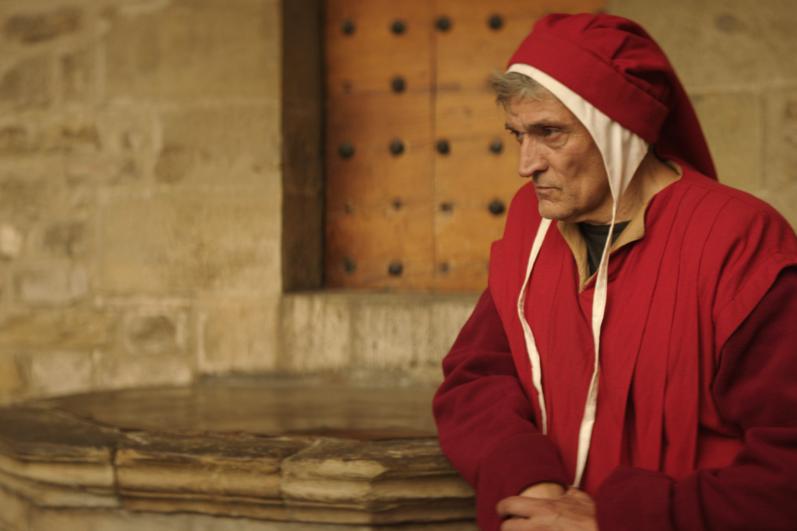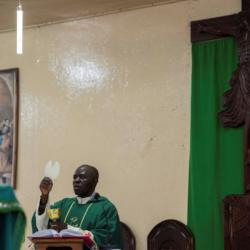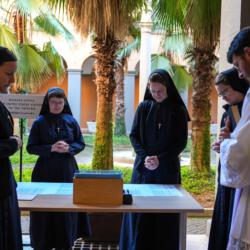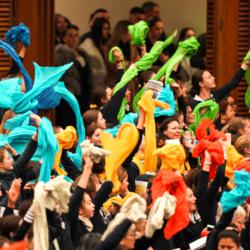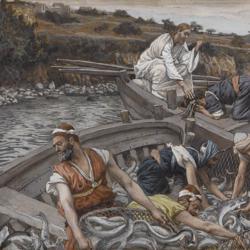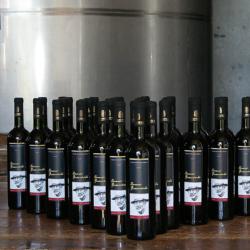'Dante: Inferno to Paradise,' streaming, PBS
NEW YORK (OSV News) – The life and work of the greatest of Italian poets are examined in depth in the studious documentary "Dante: Inferno to Paradise." Filmmaker Ric Buns' two-part, four-hour profile, written in collaboration with Professor Riccardo Bruscagli, is available for streaming on PBS.org until April 15.
Burns uses interviews with academics, archival images and reenactments to explore the complex combination of influences that came together in the writing of Dante's masterpiece, "The Divine Comedy." These included the author's unusual romantic life, the turbulent politics of his native city of Florence in the early 14th century and his desire to bring about social reform.
Dante had already written "La Vita Nuova" ("The New Life"), a blend of poetry and prose celebrating his love-from-a-distance for Beatrice Portinari, a near-stranger he seems to have encountered on only a handful of occasions. Beatrice's early death was followed by Dante's exile from Florence as a result of his ill-fated involvement in its civic government.
Adrift and forced to rely on the protection of various aristocratic patrons, Dante symbolizes his real-life situation by setting the opening lines of "The Divine Comedy" in a dark wood through which, he tells us, he found it difficult to navigate his way. What follows, famously, is a three-part journey to hell, purgatory and heaven.
Elegantly narrated by Alan Cox, Burns' mingling of biography and literary analysis makes for highly informative viewing. The ultimate effect, however, is more educational than entertaining.
While Dante's commitment to his Catholic faith is recognized, moreover, the scholars Burns marshals to guide us through the varied strands of his thought implicitly distance themselves from this aspect of it. In discussing the subject of penance, in fact, the attitude of one such expert borders on the dismissive.
Based on the first installment screened, the movie contains nothing genuinely age-restrictive. Mature themes and some gruesome images of the punishments Dante witnesses in the Inferno, however, suggest this enlightening visit to the great writer's environment and imagination is most suitable for teens and grown-ups.- - - John Mulderig is media reviewer for OSV News. Follow him on X (formerly Twitter) @JohnMulderig1.
